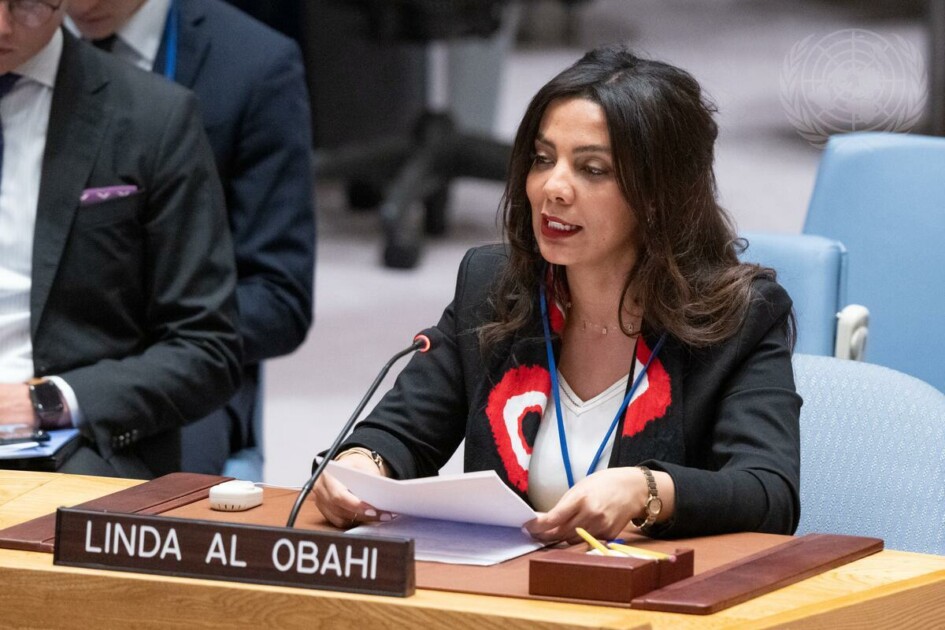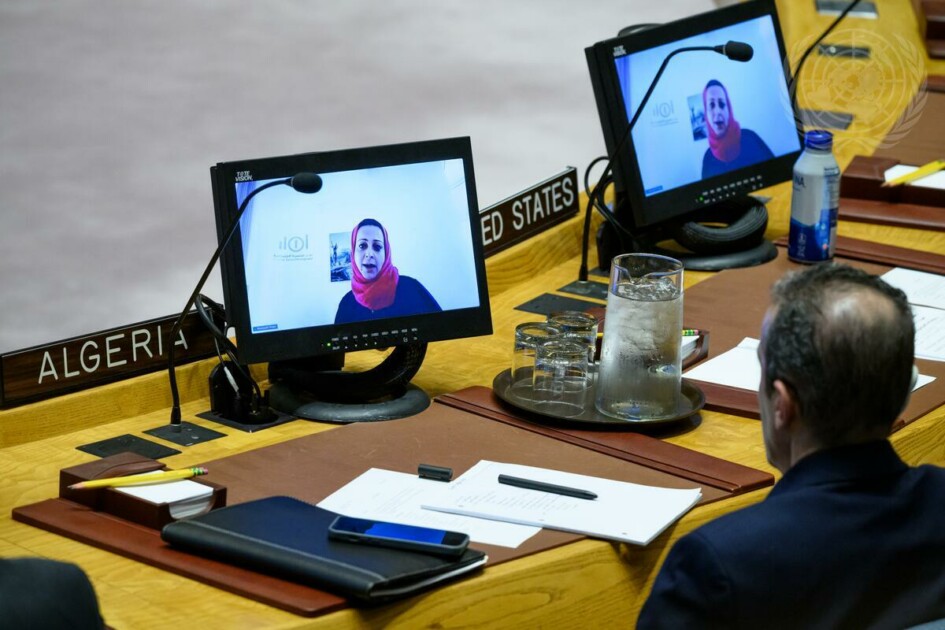Yemen
Yemen
Current and Past Recommendations to the UN Security Council (Monthly Action Points)
The Security Council’s discussions on the situation in Yemen have historically failed to reflect critical gender dimensions, particularly in the context of humanitarian discussions, despite multiple meetings of the IEG on WPS (S/2019/253, S/2021/264) and briefings by civil society (2017, 2018, 2019, 2020, 2021). Over the last several months, humanitarian needs in Yemen have continued to increase as violence between different groups intensifies, resulting in a new wave of displacement. As the economic situation continues to worsen and costs of living increase, regular protests have broken out, to which security forces have responded with violence. Furthermore, women and girls have been affected by the Houthi regulations governing freedom of movement, which aim to prevent women from working in public spaces, including through the ad-hoc and arbitrary enforcement of requirements for national female humanitarian staff to travel with a mahram (a male family member). Human rights defenders, peacebuilders, journalists, and leaders face increasing threats and risks, including arbitrary detentions, enforced disappearances, and even targeted killings, as was most recently seen in the killing of journalist Rasha Abdullah Al Harazi. Finally, humanitarian assistance in Yemen continues to be undermined by ongoing and escalating violence in multiple Governorates, the impact of the climate crisis, extreme constraints on humanitarian access (particularly on access to services, restrictions on movement – particularly of female aid workers – and interference with humanitarian activities), humanitarian diversion, donors’ failure to meet aid obligations, and ongoing blockages of oil, food and other vital supplies. At the same time, conditions in camps for internally displaced persons, particularly women and girls, often fail to meet fundamental needs, with women unable to acquire essential hygiene products.
It is urgent that the Security Council calls for an immediate end to hostilities, in line with resolution 2532 (2020), that would support viable conditions for protecting civilians, including women, and lead to a resumption of peace negotiations. The Council should also support all efforts to ensure accountability for widespread and systematic abuses carried out by all parties to the conflict that have killed and injured tens of thousands of civilians. Council members must continue to emphasize the necessity of women’s full, equal and meaningful participation and leadership in peace and political processes, ensuring a minimum 30% quota of women in all processes as a matter of urgency. The Special Envoy should receive the full support of the Council and the broader international community to ensure the realization of an inclusive Yemeni-led and Yemeni-owned political process with the full, equal and meaningful participation of diverse women, youth and civil society – of all political backgrounds from all regions of Yemen, in all diplomatic tracks and stages of the peace process. To inform their work, the Special Envoy should consult regularly and transparently with civil society, especially diverse women’s groups, and ensure that diverse women representatives directly participate throughout the entire peace process – from shaping the agenda to drafting a ceasefire agreement and engaging in negotiations. Therefore, the international community must ensure women’s civil society organizations are supported by providing core, flexible and long-term funding.
Finally, a core driver of the conflict in Yemen is the proliferation of weapons. Therefore, the Council should consider the recommendations made by civil society briefers, the report of the Group of Eminent Experts (GEE), and the Panel of Experts, adding a list of sanctioned individuals and calling on states – including some Council members and their allies – to cease arms transfers and other support to the conflict parties and to comply with their obligations under international humanitarian law and the Arms Trade Treaty (ATT).
Relevant Resources








